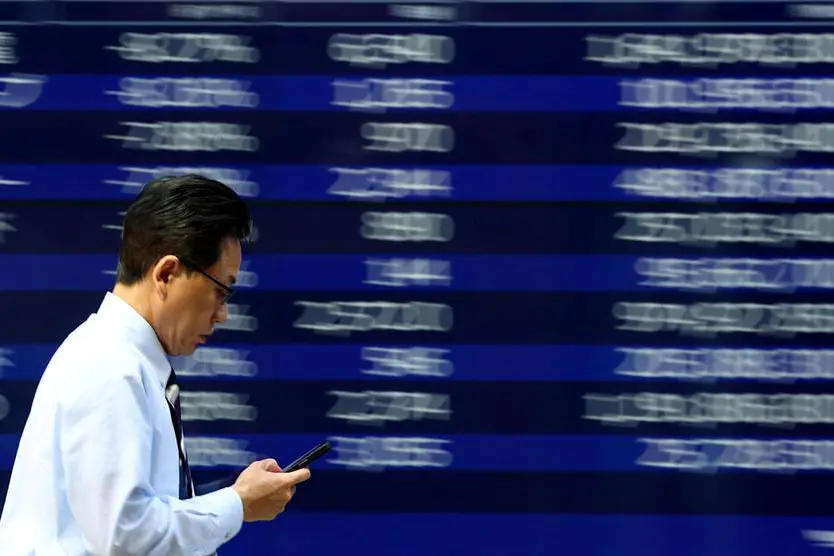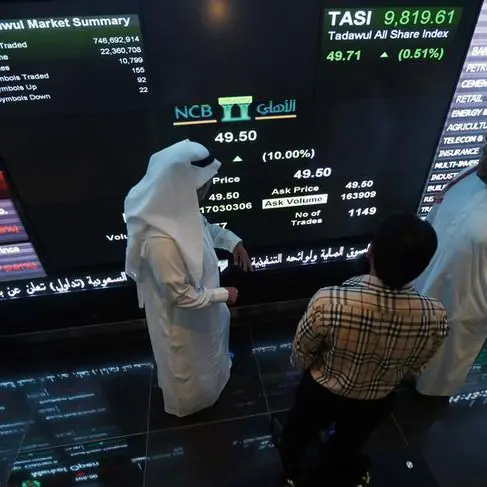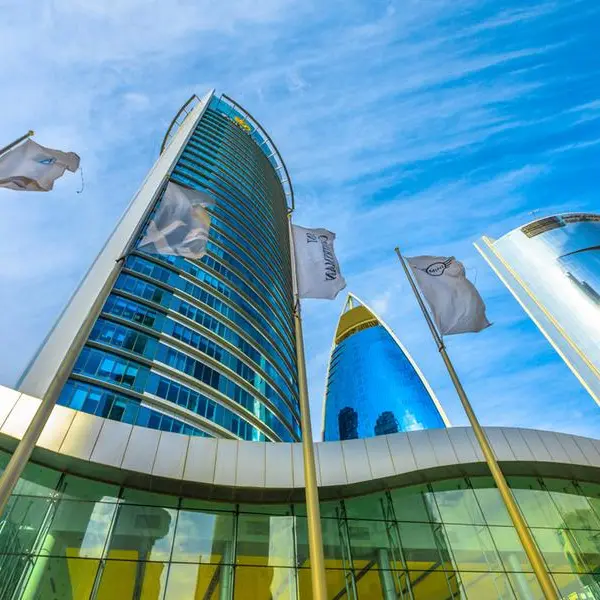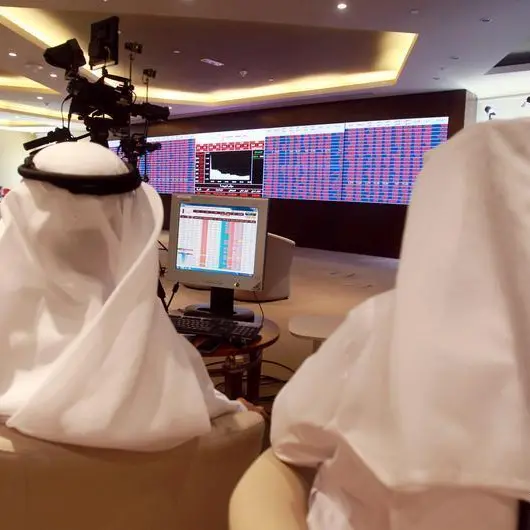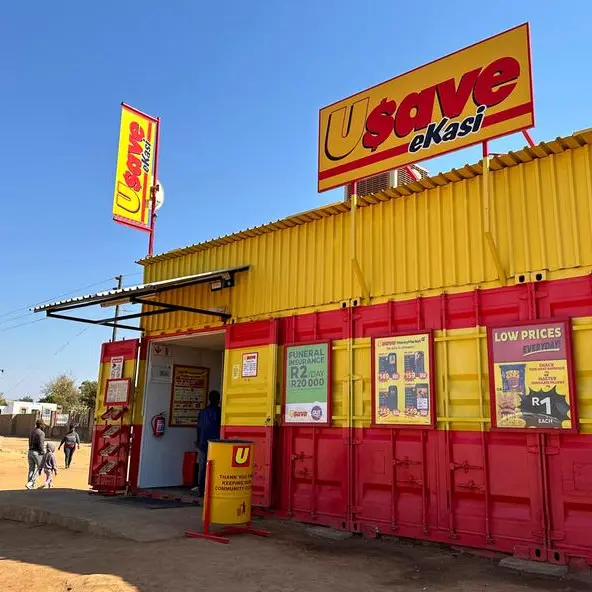PHOTO
While corporate CEOs are stepping back from bold climate rhetoric, quietly and with little fanfare, a new architecture for sustainability is being cemented beneath their feet in the very structure of capital markets. Earlier this month, the US Securities and Exchange Commission approved the Green Impact Exchange (GIX), the country’s first stock exchange built entirely around environmental, social and governance (ESG) principles.
Unlike existing exchanges that merely offer sustainability segments or green bonds, GIX has rewritten the rules of the game. Only companies that commit to robust ESG disclosures, long-term sustainability goals and ongoing transparency can list on its platform. It will operate as a dual-listing venue, allowing companies already on the Nasdaq or NYSE to also list on GIX, but only if they clear a higher bar. This is not ESG as marketing. This is ESG as compliance, as structure, as market gatekeeping.
This development arrives at a curious moment. Just months ago, headlines were filled with reports of CEOs backing away from ESG, pressured by political backlash, litigation risks and an investor landscape increasingly focused on near-term returns. In fact, I explored that very retreat in a previous column, questioning whether sustainability had peaked in corporate boardrooms.
And yet here we are, watching financial institutions quietly institutionalise what corporate rhetoric is now hesitating to embrace.
GIX represents a deeper truth. The future of sustainability will be shaped more by market infrastructure than corporate statements. It is a sign that ESG is maturing, moving out of annual reports and into the plumbing of finance. Sustainability is no longer just a value. It is becoming a condition for access to capital.
Globally, this is not an isolated shift. The Luxembourg Green Exchange, the JSE’s Sustainability Segment and the London Stock Exchange’s Green Economy Mark all signal the same momentum. There is a growing push to embed ESG into the logic of capital allocation. But GIX goes further. It creates a dedicated trading ecosystem where sustainability is not an add-on but the entry point.
For emerging markets, especially in the Gulf, this opens up an urgent question. Are we prepared to follow suit? In Oman and across the region, we speak boldly of net-zero ambitions, hydrogen leadership and climate-smart investment. But our financial systems are still catching up. What would it look like to have a green exchange in the Gulf, one that amplifies the ESG credentials of our startups, family businesses and infrastructure giants? One that attracts mission-aligned capital to the region not in spite of our geography but because of it?
To be clear, GIX is not a silver bullet. It will not solve greenwashing. It will not erase the politicisation of ESG. But it shifts the centre of gravity. It suggests that green capitalism is no longer being negotiated in corporate boardrooms. It is being engineered into the rules of finance itself.
The CEOs may be backing away. But the markets are moving forward.
The writer is an Omani environmental strategist and advocate for sustainable development, focusing on climate change impacts in the Middle East and women's empowerment in environmental solutions.
2022 © All right reserved for Oman Establishment for Press, Publication and Advertising (OEPPA) Provided by SyndiGate Media Inc. (Syndigate.info).
